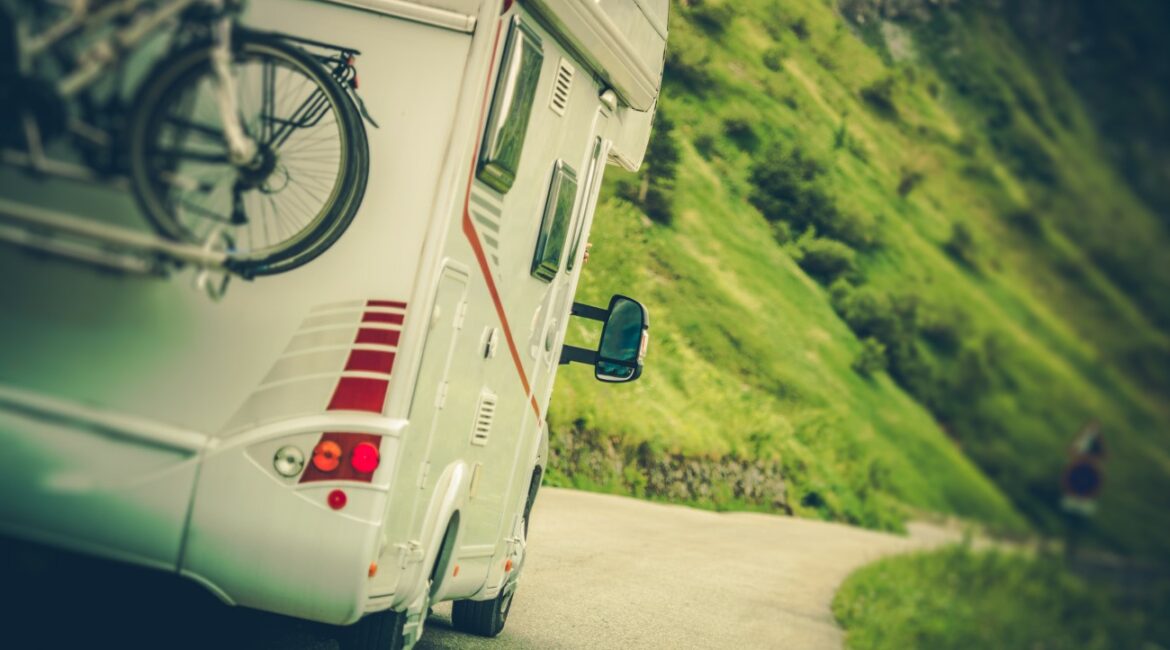Boondocking, often known as “dry camping”, is the experience of camping without the usual campground amenities like water, electricity, or sewer connections. It’s a way for you to immerse yourself deeply into nature, but with that comes a set of responsibilities to ensure that you’re not negatively impacting the environment or breaking any rules.
The Do’s of Boondocking: Best Practices for an Enjoyable Experience
Plan Ahead: Researching your desired location is crucial. Ensure that the area allows boondocking and that you’re not trespassing on private property.
Pack In, Pack Out: Always bring along garbage bags and take all your waste with you. Nature isn’t a dumping ground, and it’s up to you to keep it pristine.
Conserve Resources: Remember, when you’re boondocking, resources are limited. Use water sparingly and consider solar panels for minimal energy needs.
The Don’ts of Boondocking: Avoiding Common Pitfalls
Don’t Overstay: Many public lands have limits on how long you can stay in one spot. Respect these rules, and if you’re unsure, move after a few days.
Avoid Loud Noises: Remember, one of the benefits of boondocking is the peace and tranquility. Keep noise levels down, especially during quiet hours.
Don’t Damage the Environment: Stick to established roads and paths. Driving over untouched land can cause lasting damage to the ecosystem.
Essential Gear for a Boondocking Adventure
From portable water containers to solar-powered lanterns, having the right gear can make your boondocking experience smooth. A robust first-aid kit, communication devices like satellite phones for emergencies, and portable waste disposal solutions are just some essentials that should be on your list.
Leaving No Trace: The Boondocking Ethos
It’s not just about following the rules; it’s about respecting nature. This means minimizing your impact, whether it’s by using biodegradable products or avoiding making fire pits. The ultimate goal is that when you leave, there should be no evidence you were ever there.
Navigating the Landscape: GPS and Offline Maps
In the vast wilderness, it’s not uncommon to lose cell signal. While this disconnection is part of boondocking’s charm, it can be problematic if you’re trying to navigate. Investing in a good GPS system and downloading offline maps can be a lifesaver. Additionally, always keep a traditional paper map as a backup. Knowing the terrain and understanding topographic symbols can ensure you don’t end up in tricky situations or harm fragile environments.
Efficient Food and Cooking Strategies
While it’s a dream to cook under the stars, efficient meal planning can reduce waste and water usage. Opt for one-pot meals to minimize dishes, and consider pre-prepping and freezing meals before your trip. Dehydrated foods are also a great option, requiring only water. If you use fresh ingredients, consume perishables first and have a secure cooler to keep everything fresh without power.
Understanding Weather Patterns and Adjusting Plans
The weather can be unpredictable, especially in the wilderness. Regularly checking forecasts, understanding regional weather patterns, and being prepared to adjust your plans is essential. If heavy rain is forecasted, remember that dirt roads can quickly become impassable mud tracks. Also, winds can pick up quickly in open areas, so ensure your campsite is well-secured, and always have a backup plan.
Wildlife Coexistence: More than Just Bears
While bears are a common concern, other wildlife can impact your boondocking experience. Rodents, raccoons, and even insects can become nuisances if not managed correctly. Store food in airtight containers and elevate items from the ground. Understand local wildlife and research ways to deter or manage encounters. For instance, certain essential oils can deter bugs, and hanging reflective CDs can keep birds at bay.
Mental and Emotional Preparedness: The Undiscussed Aspect
Boondocking’s isolation can be both its allure and its challenge. The profound silence and lack of human interaction can be unsettling for some. It’s crucial to understand your emotional needs. Bring along books, journals, or even mindfulness exercises to center yourself. If you’re with others, establish check-in routines to ensure everyone is feeling okay. Embrace the solitude but be prepared for the emotional facets of deep wilderness immersion.
These advanced tips aim to enrich your boondocking experience, taking it from basic to profound. With the right preparation, understanding, and respect for nature, you can find a deep connection with the wilderness while ensuring you’re preserving it for others. Happy camping!
FAQ : Boondocking Basics
Can I boondock anywhere in a national forest?
Not necessarily. While many national forests do allow boondocking, it’s essential to check for specific rules and designated areas.
How do I find good boondocking spots?
There are numerous apps and websites dedicated to sharing boondocking locations, with reviews and recommendations from fellow campers.
Is it safe to boondock alone?
Many solo travelers enjoy boondocking. It’s essential, however, to let someone know where you’ll be and have a way to communicate in emergencies.
How do I conserve water while boondocking?
Consider using water-saving fixtures, reusing rinse water, and limiting water-intensive activities.
What should I do if I encounter wildlife while boondocking?
Always keep a safe distance, store food securely, and never feed wild animals. If an animal approaches, make loud noises to scare it away, but avoid cornering it.
By following these do’s and don’ts, your boondocking experience can be both enjoyable and sustainable. Remember, the key is preparation and respect for the environment and those around you. Safe travels!
- Transform Your Health with Medford Medical Weight Loss Program - June 9, 2025
- A Chat with Nate and Mika, Christian Wedding Photographers - July 18, 2024
- Ultimate Guide To Playing Online Casinos - May 27, 2024









